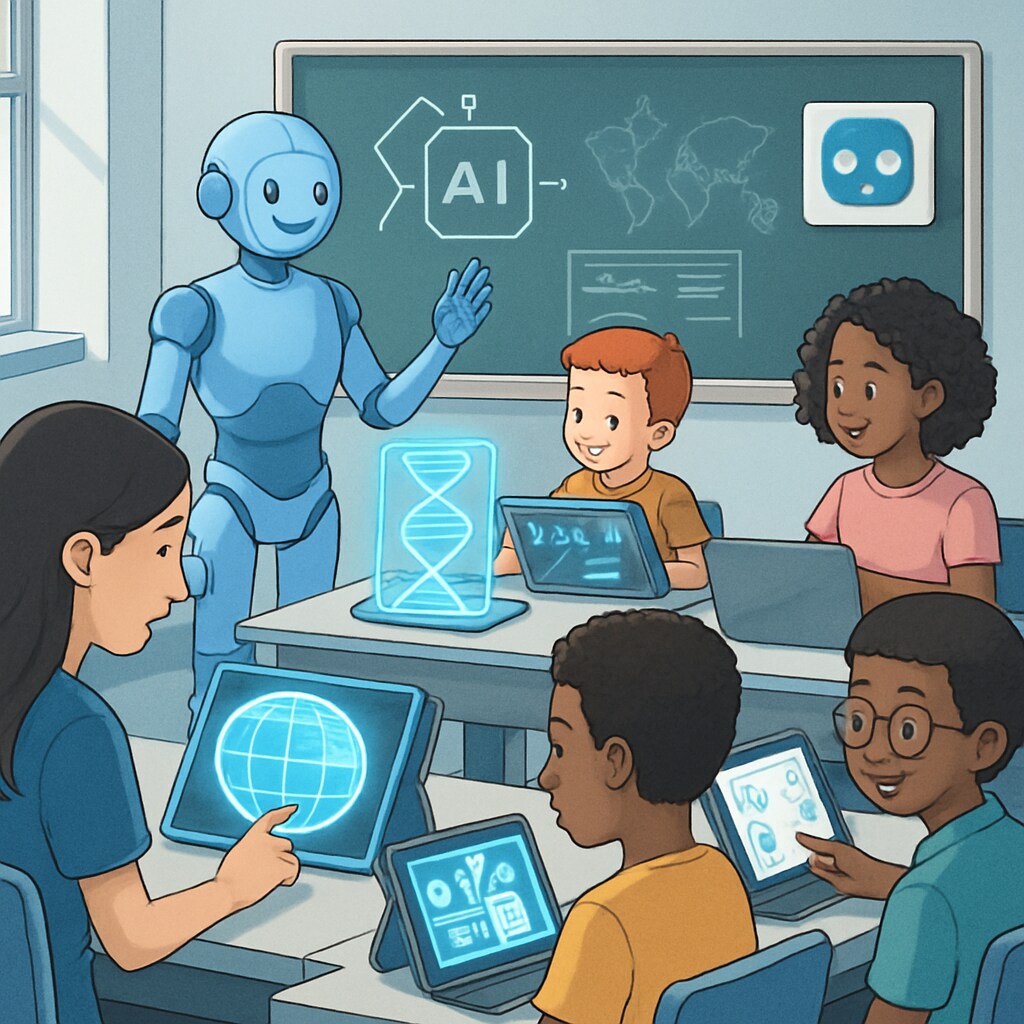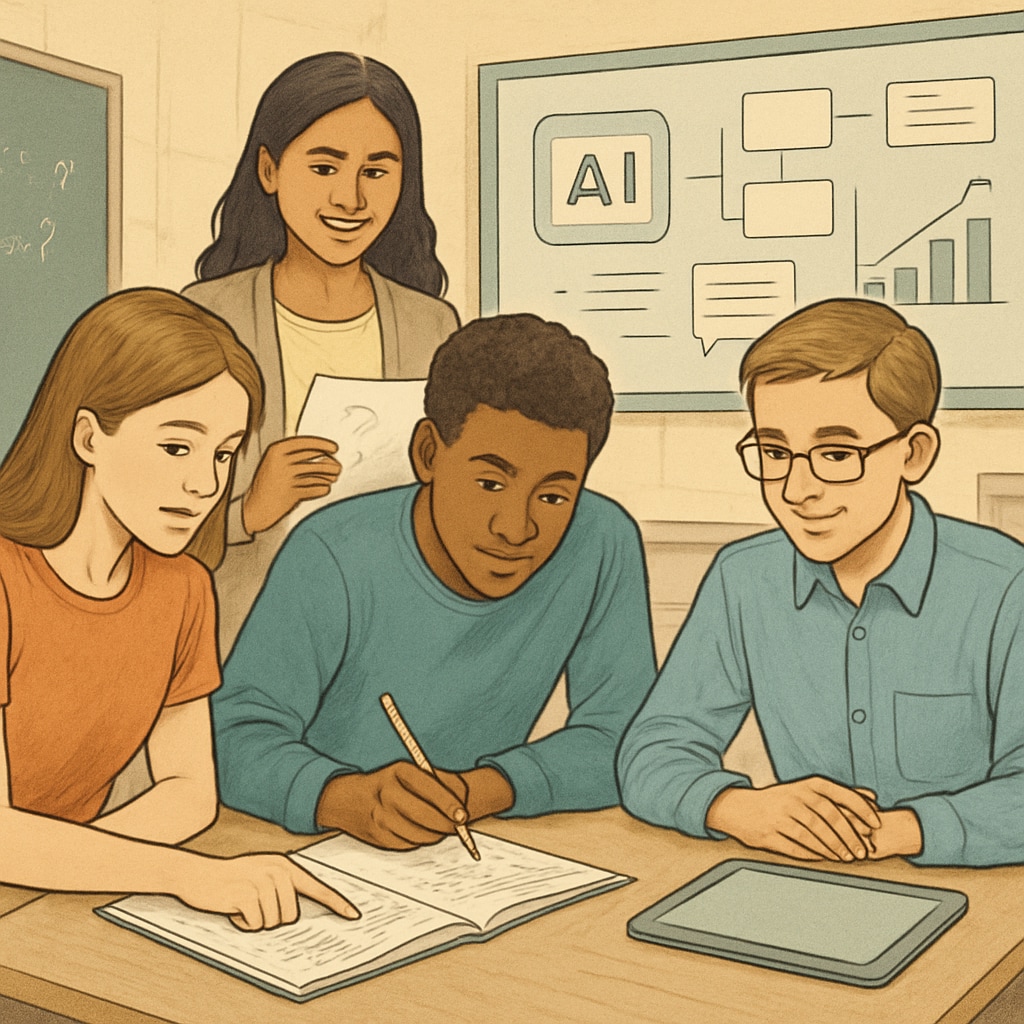The rapid advancement of artificial intelligence (AI) is revolutionizing various aspects of our lives, including education. This transformation is particularly evident in competitive exams and talent selection processes, which are undergoing significant scrutiny in an era dominated by technology. Traditional evaluation methods are being challenged to adapt, raising the question: how can these systems evolve to ensure fairness, inclusivity, and innovation? This article delves into the challenges posed by AI to conventional competitive exams and outlines potential reforms to create a more equitable and forward-thinking education system.
Challenges to Traditional Competitive Exams in the AI Era
Conventional competitive exams have long been the cornerstone of talent selection, focusing on memorization, speed, and test-taking strategies. However, the rise of AI has exposed several critical limitations of this approach:
- Overemphasis on Rote Learning: AI systems are increasingly capable of solving complex problems, rendering rote memorization less relevant in a rapidly changing world.
- Inequitable Access to Resources: AI-powered tools and personalized learning platforms are often accessible only to those with financial means, exacerbating existing inequalities in education.
- Difficulty in Assessing Creativity and Problem-Solving: Traditional exams rarely measure critical thinking and creativity, skills that are essential in the AI-driven job market.
These challenges underscore the need for an overhaul of competitive exam systems to better align with the demands of the AI era.

Reimagining Talent Selection for the AI Era
To address the shortcomings of current systems, education policymakers and stakeholders must embrace innovative reforms. Here are some strategies to consider:
- Adopting Adaptive Testing: AI can be leveraged to create adaptive exams that adjust the difficulty level in real-time based on a student’s performance, providing a more personalized and accurate assessment of their abilities.
- Incorporating Multidimensional Evaluation: Beyond standardized tests, portfolios, project-based assessments, and peer reviews can offer a holistic view of a student’s potential.
- Promoting Equity in Access: Governments and institutions must ensure that AI-powered educational tools are accessible to all students, regardless of their socioeconomic background.
- Focusing on Soft Skills: Communication, teamwork, and adaptability should be integral components of the evaluation process to prepare students for real-world challenges.
By integrating these approaches, education systems can better identify and nurture talent in diverse forms, breaking away from the one-size-fits-all model.

Striking the Balance Between Technology and Human Potential
While AI offers tremendous opportunities for innovation, it is essential to strike a balance between leveraging technology and preserving the human essence of education. For example, using AI to automate administrative tasks can free up educators to focus on mentoring and inspiring students. Similarly, ethical considerations must be at the forefront to prevent biases in AI algorithms from influencing exam outcomes.
Additionally, fostering a growth mindset among students is crucial. In an AI-dominated future, the ability to learn, unlearn, and relearn will be more valuable than mastering static knowledge. Educational systems should aim to cultivate lifelong learners who can adapt to the evolving demands of the workforce.
Readability guidance: This article balances technical insights with accessible language. It uses concise paragraphs, includes bullet points for clarity, and integrates transitional phrases to maintain a logical flow. The strategic placement of images enhances engagement and reinforces key messages.


